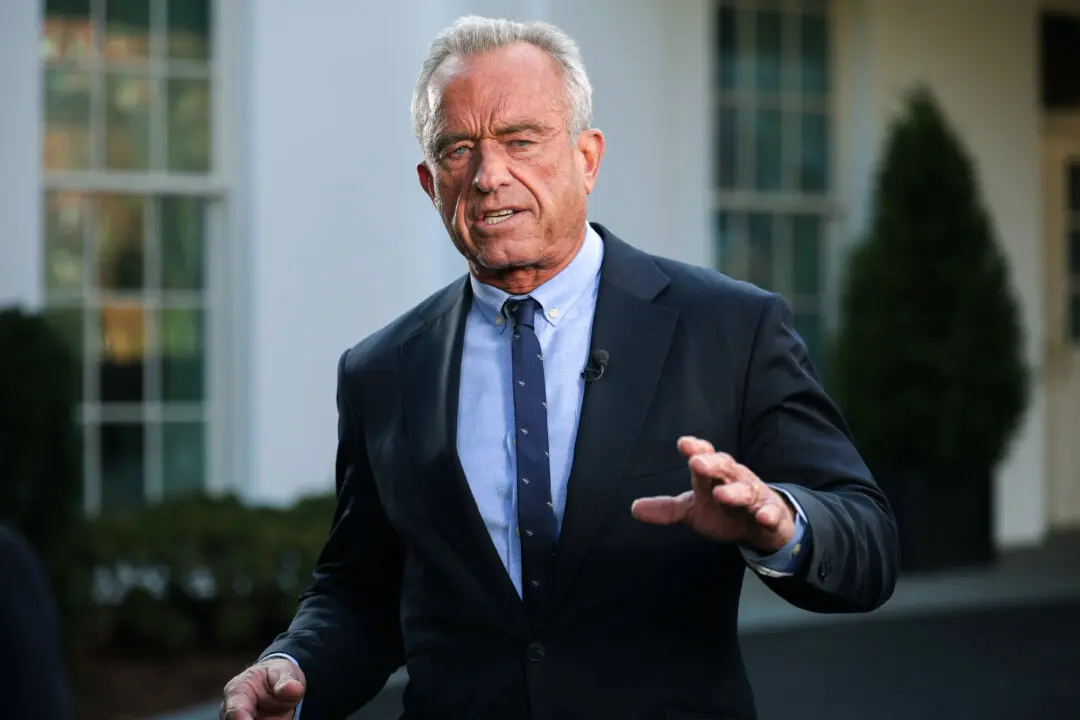The Department of Justice (DOJ) filed a brief in support of President Donald Trump, urging the Supreme Court to rule in Trump’s favor in the legal battle over the president’s tax returns.
Democrats across the nation have been seeking the release of Trump’s financial information, prompting a slew of legal battles.





